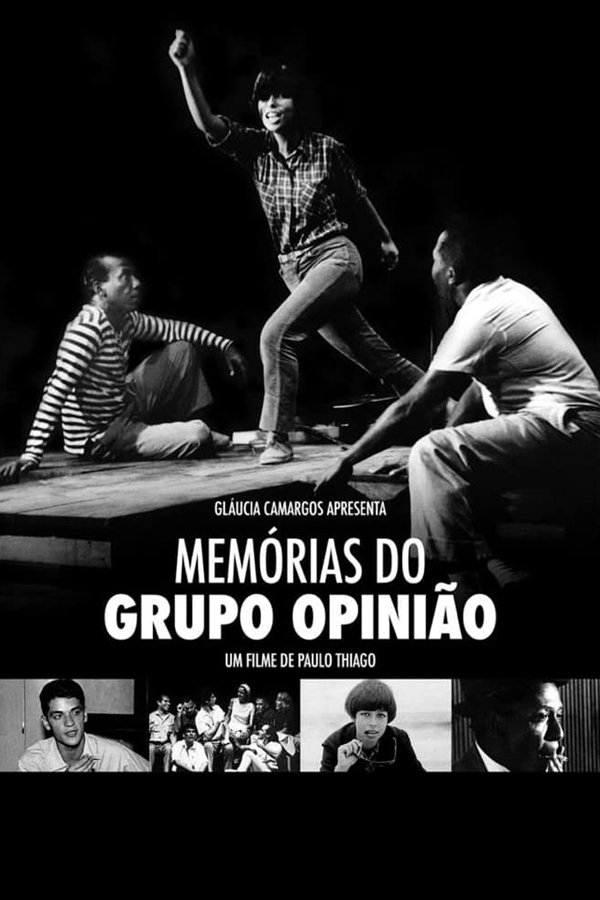

This film seeks to rescue the role of filmmaker Neville D'Almeida by using many rare images, numerous interviews, vast archival and audiovisual material.

Follows the story of Opinião, a theatre group created in 1964 during the early Brazilian dictatorship period to oppose the government through artistic performances. Considered the first left-wing response to the dictatorship, the group gathered now famous Brazilian artists such as Nara Leão, Maria Bethânia, João do Vale and Millôr Fernandes.


18 years old Engraçadinha starts a secret love affair with her cousin Sílvio, who's engaged to her best friend Letícia, who is secretly in love with Cutie Pie. Twenty years later, Cutie Pie is a deeply religious married woman who's afraid her teenage daughters might end up making the same mistakes she did in the past.

The story of the rivalry between the twin sisters Ruth and Raquel takes place in the fictional Pontal D'Areia, on the coast of Rio de Janeiro. They have very different personalities. Ruth is sweet, calm and has a good heart. Raquel, on the other hand, is selfish, aggressive and mean.
The hero without character is back. Here, two Macunaímas encounter with one mission in common which is to leave the place they're currently living: one is running away from the deforestation in the Amazon while the other got tired of living in heaven and wants to return to his land.
Joel Dias Barcellos, better known as Joel Barcelos (Vitória, November 27, 1936 – Rio das Ostras, November 10, 2018), was a Brazilian actor, having also worked as a screenwriter and director. In some films, he was credited as Joel Martins. He was a very active actor in New Cinema, especially in the 1960s. He received the Candango Award for Best Actor at the Brasília Festival for his performance in Jardim de Guerra, in 1968. He was also elected 'Best Supporting Actor' by the same award when acting in Kiss 2348/72. Despite preferring cinema, he also played roles on television, mainly in miniseries.
By browsing this website, you accept our cookies policy.